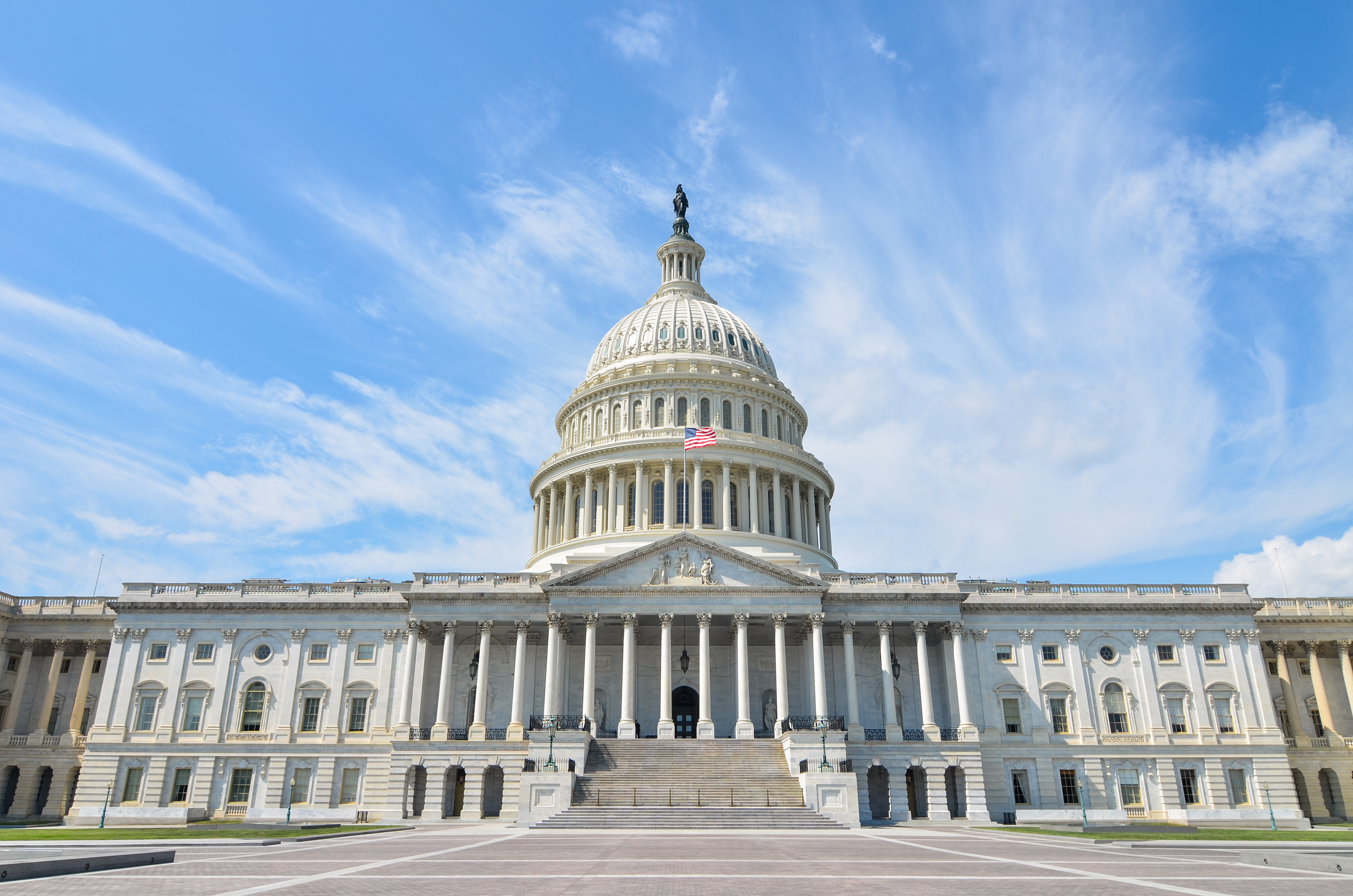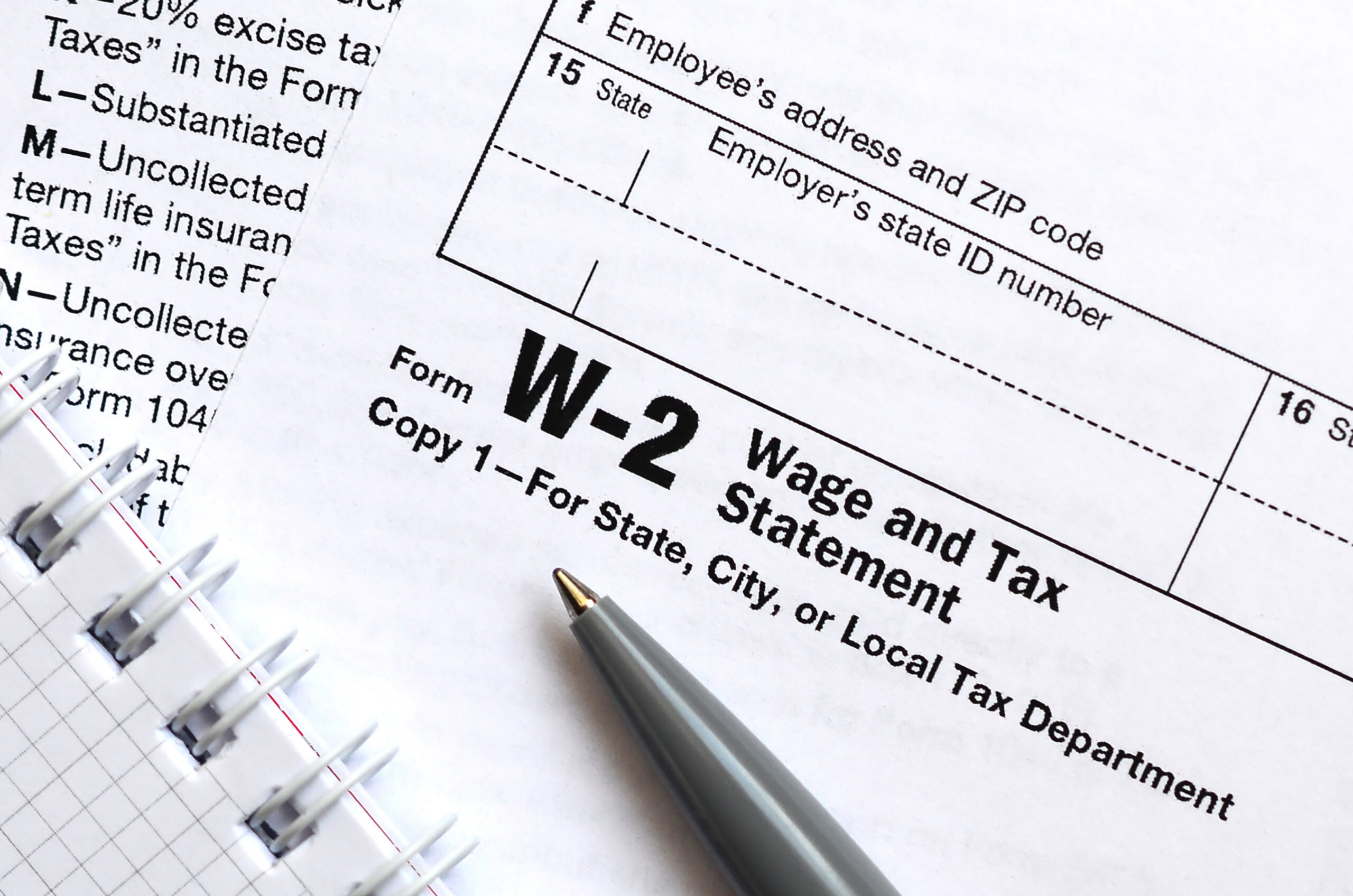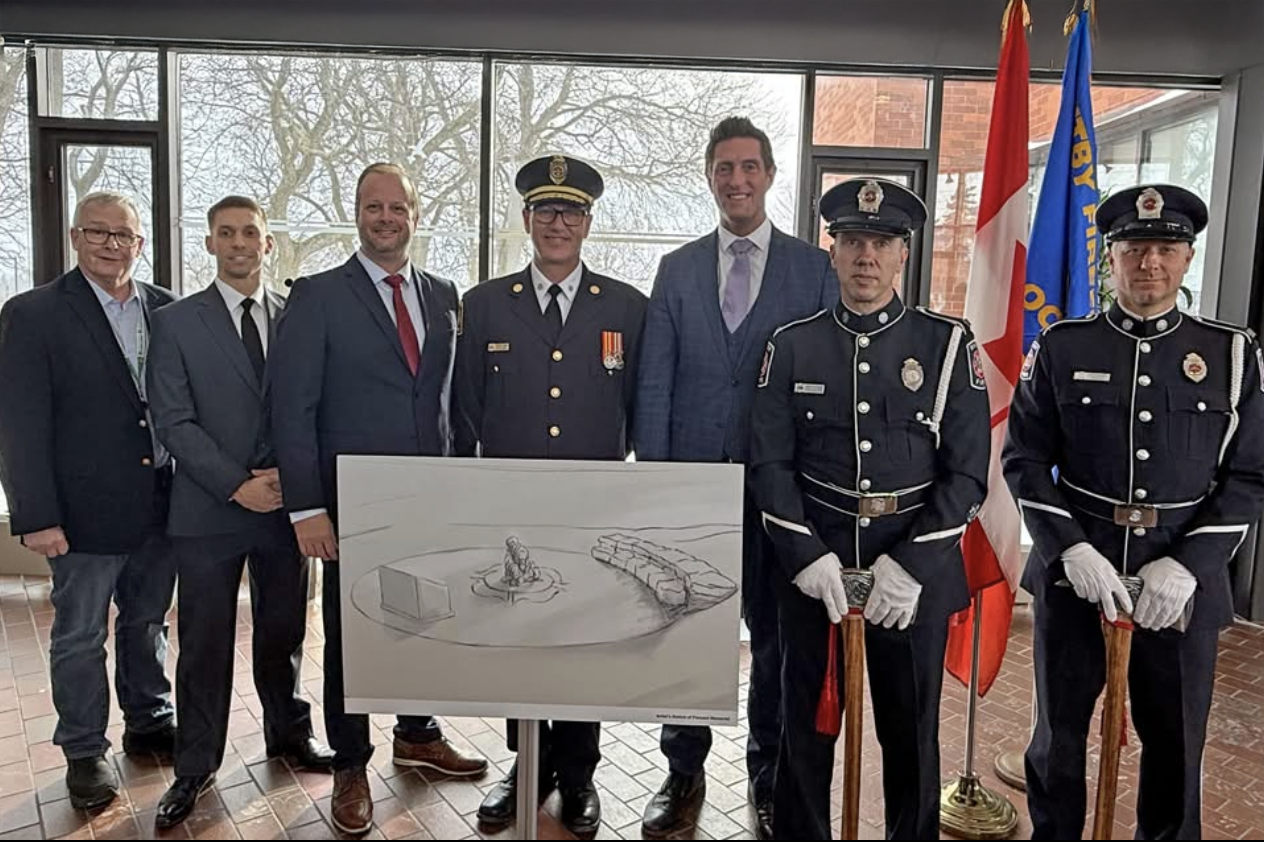In a major win for fire fighter health and safety, the state of Connecticut is expanding the benefits it provides to fire fighters to include free, enhanced cancer screenings. Starting May 1, nearly 1,000 fire fighters covered by the state partnership and state employee health insurance plan will be eligible for one free, full-body cancer screening every two years.
UPFFA President Peter Brown says the goal is to catch the disease early and save lives.
“Occupational cancer is our generation’s battle in the fire service,” said Brown. “We’re hoping that through those screenings, they’ll be able to find that cancer early, get treated, and stay or return to work.”
The new benefit is the result of collaboration between the union, Connecticut Governor Ned Lamont, and State Comptroller Sean Scanlon, whose office oversees the state health plan.
The effort took shape after union leaders highlighted the gaps in preventive care during conversations with Scanlon, who quickly moved to address the issue.
“When they’re putting their lives on the line every day, the last thing our fire fighters should worry about is navigating their healthcare,” Scanlon said.
Officials say the program is expected to cost the state around $150,000 annually, noting it’s far less than the emotional and financial cost of late-stage cancer diagnoses.
“We told Scanlon we were already getting our members screened, either through union-sponsored events or paying out of pocket. A lot of fire fighters were spending their own money just to find out if they had cancer. He was surprised to hear that, and that’s what kicked off the process of trying to get it covered,” said Brown.
Brown highlights the power of building relationships with elected officials to help them understand the issues affecting fire fighters in the state.
“It’s our job as fire fighters and union leaders to make sure our politicians understand what we’re fighting for. It’s not always just salary and benefits because this is a serious health and safety issue. Once they understood how serious cancer is for us, they really stepped up to help make this happen,” said Brown.
It’s our job as fire fighters and union leaders to make sure our politicians understand what we’re fighting for. It’s not always just salary and benefits because this is a serious health and safety issue.
UPFFA President Peter Brown
According to the UPFFA, five Connecticut fire fighters have died from occupational cancer in the past five years, and more than 30 others have been diagnosed since the union began tracking cases. The trend reflects a national crisis: occupational cancer remains the leading cause of line-of-duty deaths in the fire service.
Brown credits the full support of the IAFF in making the initiative a reality.
“From day one, the IAFF has had our back. General President Ed Kelly has made occupational cancer a top priority. Our District Vice President Jay Colbert has been with us every step of the way, Connecticut State Fire Fighters Local S-15, and the IAFF’s health, safety, legislative, and communications teams were instrumental in making this happen,” said Brown.
Colbert praised the effort, saying, “This new benefit highlights how the UPFFA, under President Pete Brown’s leadership, has embraced General President Kelly’s focus on reducing cancer rates in the fire service through early detection. Kudos to Governor Lamont and Comptroller Scanlon for partnering with the UPFFA to make this possible,” he said.
This new benefit highlights how the UPFFA, under President Pete Brown’s leadership, has embraced General President Kelly’s focus on reducing cancer rates in the fire service through early detection.
3rd district vice president jay colbert
While the new screenings are a major victory, Brown says the work is far from over.
“Right now, we have about 1,000 fire fighters covered under the state health plan, but we’ve got nearly 4,000 career fire fighters statewide. Our goal is to build on this momentum and push for all municipalities to offer similar cancer screenings, even if they aren’t in the state plan,” said Brown. “Some towns and cities have their own local health insurance. We’ll be working town by town, city by city, to educate them on the cancer risk and try to get them to approve the same benefits for all fire fighters.”



